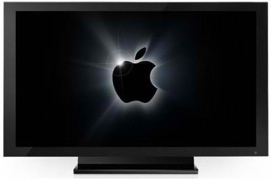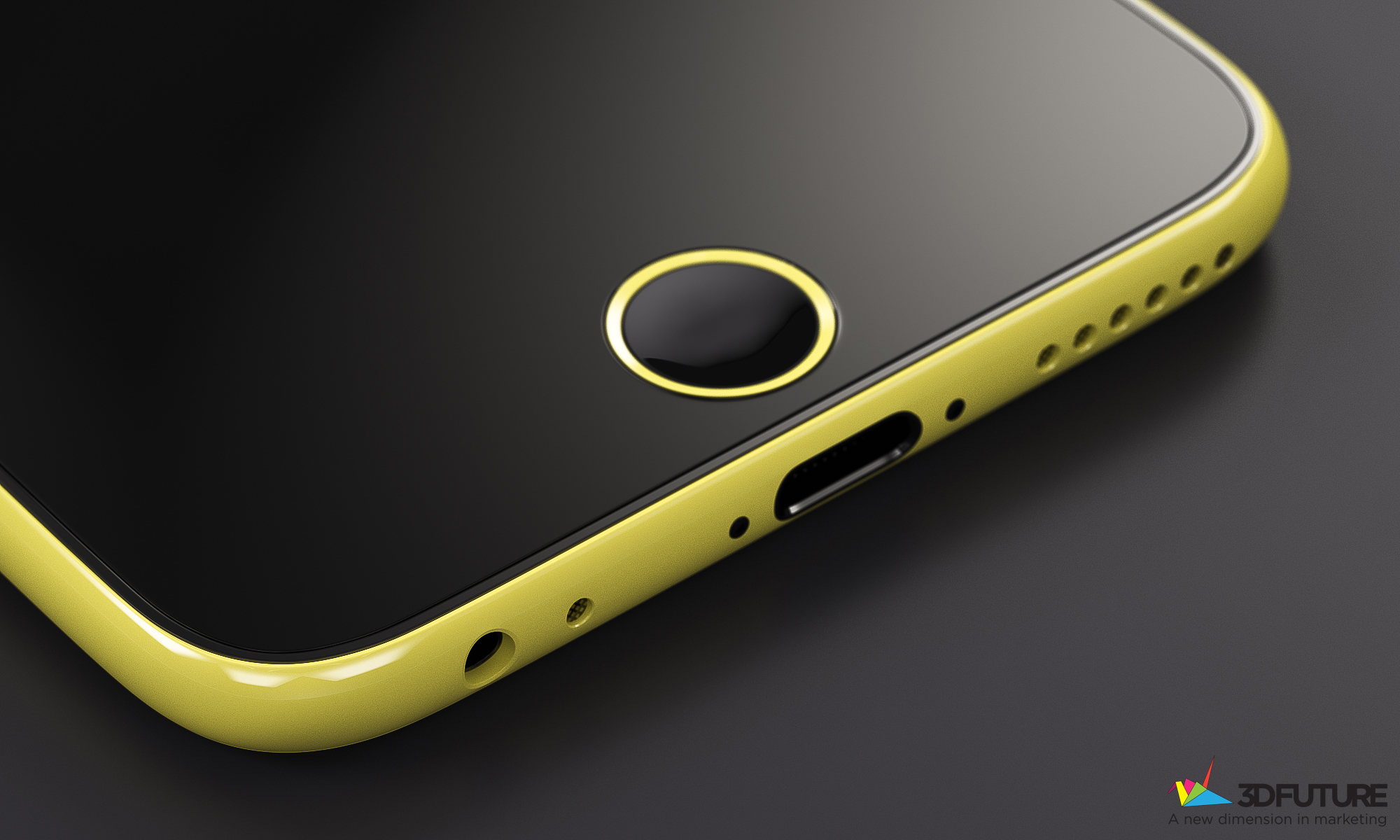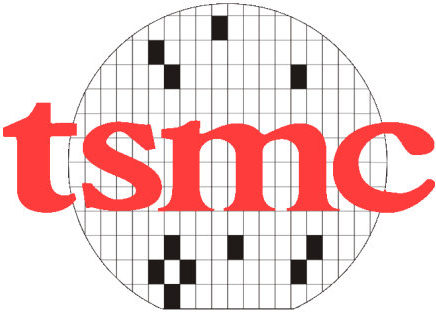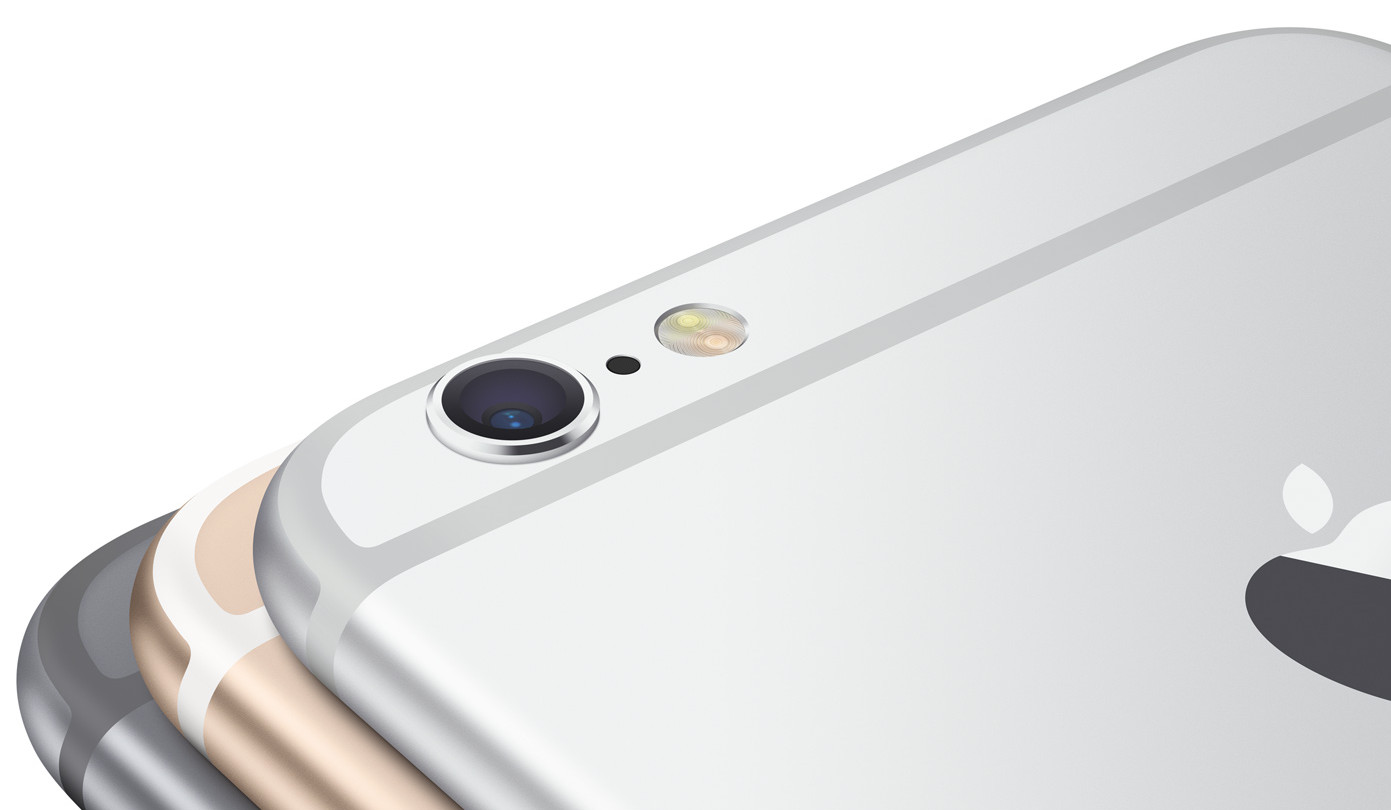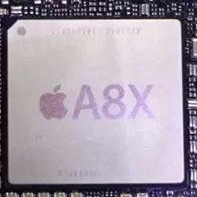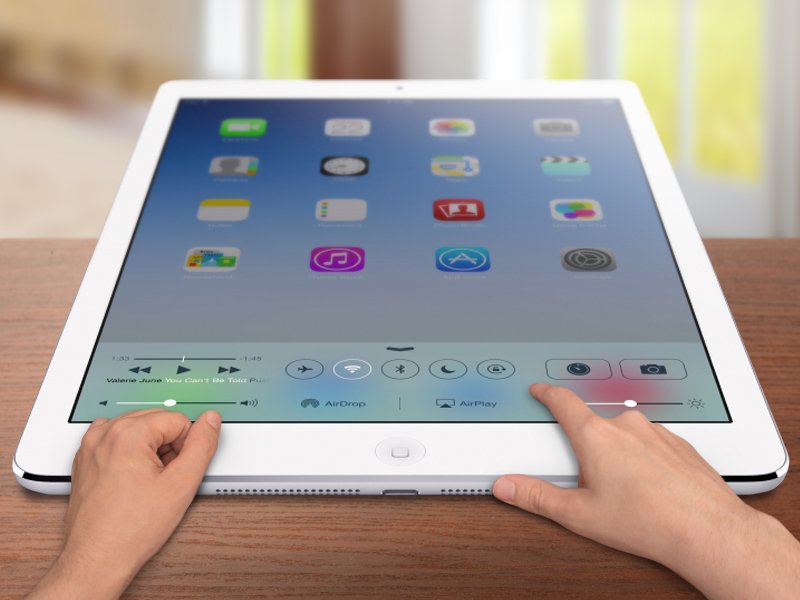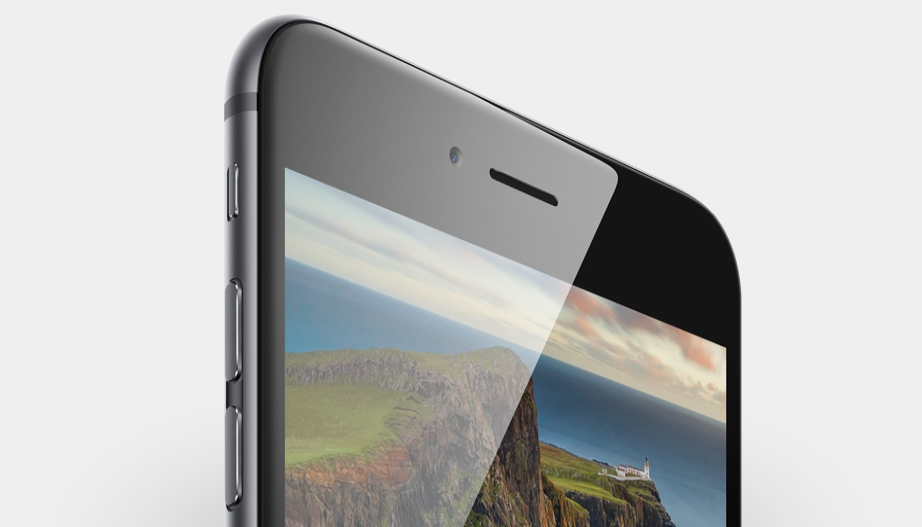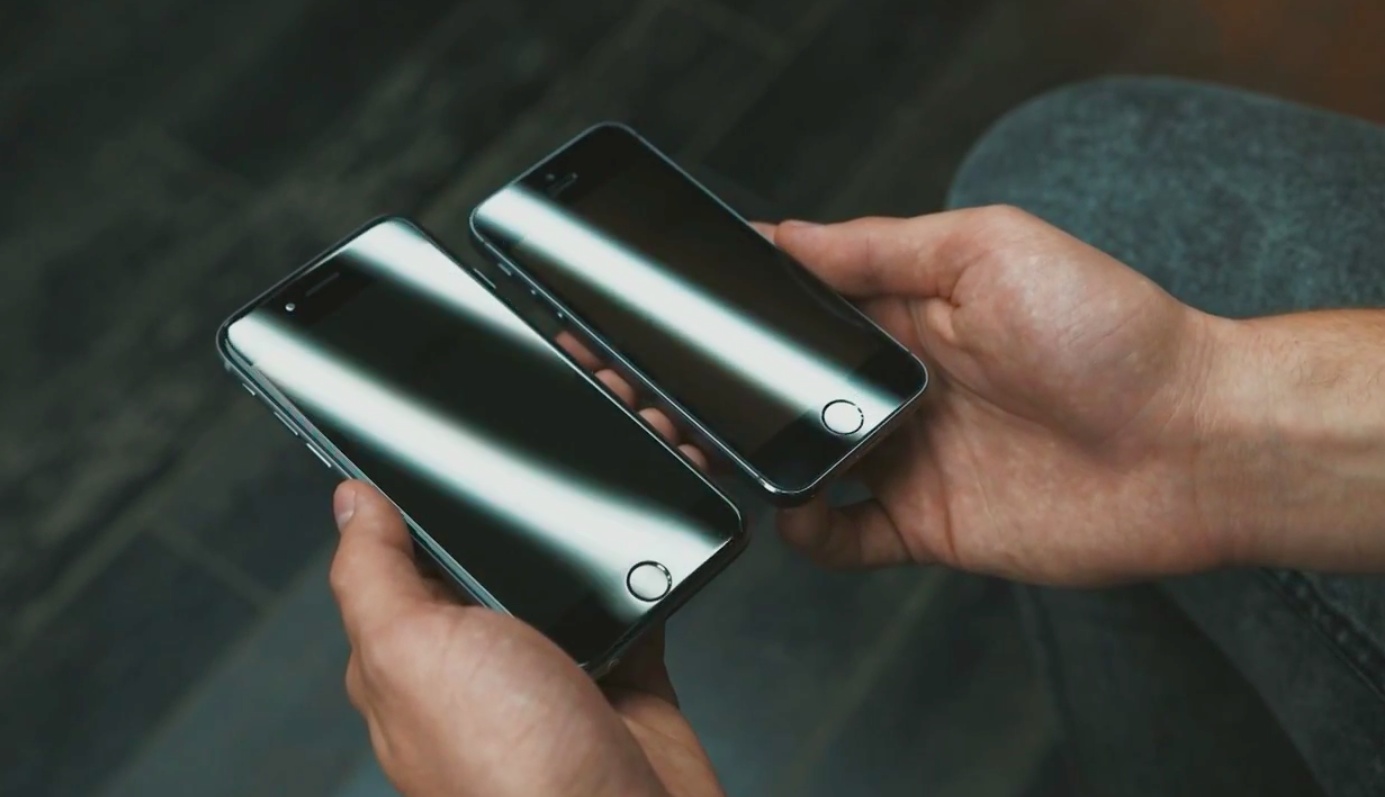The allegedly upcoming Apple TV refresh will file as the most detailed overhaul of the device's hardware, but it doesn't seem that the new box will support 4K streaming, as per 9to5Mac's sources.
The publication reported today that even though the fourth-generation Apple TV will be powered by Apple's sped-up A8 processor (likely overclocked, as there will be no battery bottlenecks), it purportedly won't support video streaming and AirPlay in 4K.
This is something of a surprise considering that the A8 processor inside the iPhone 6 was found capable of rendering 4K 3,840-by-2,160 pixel footage without a hiccup.
